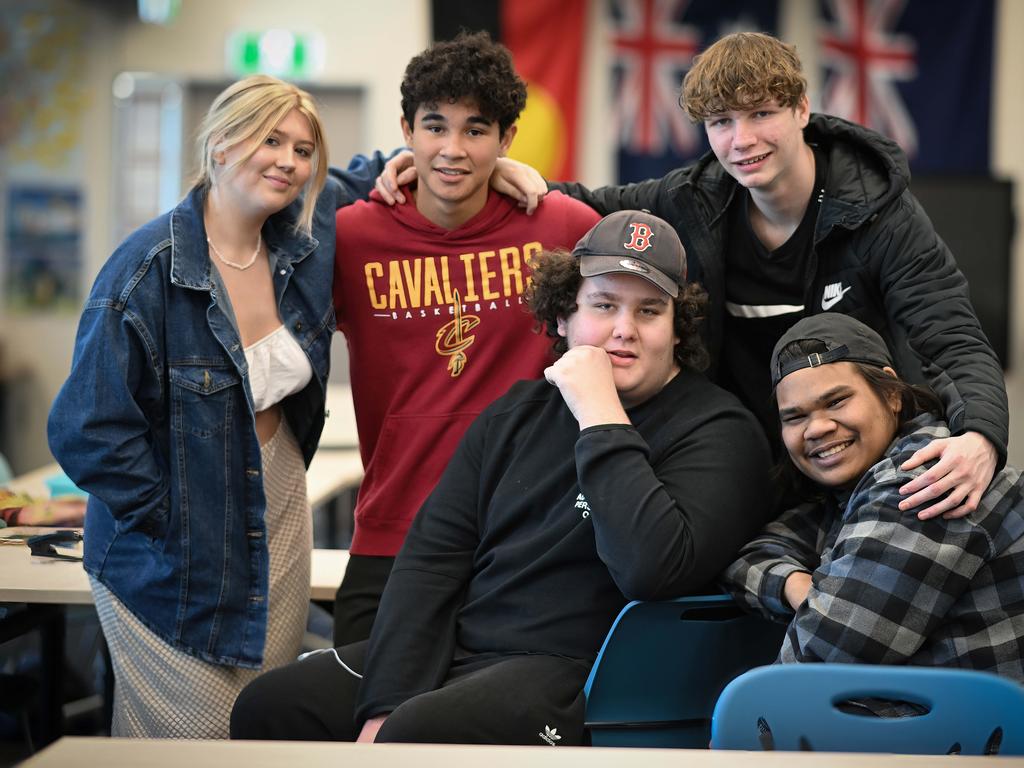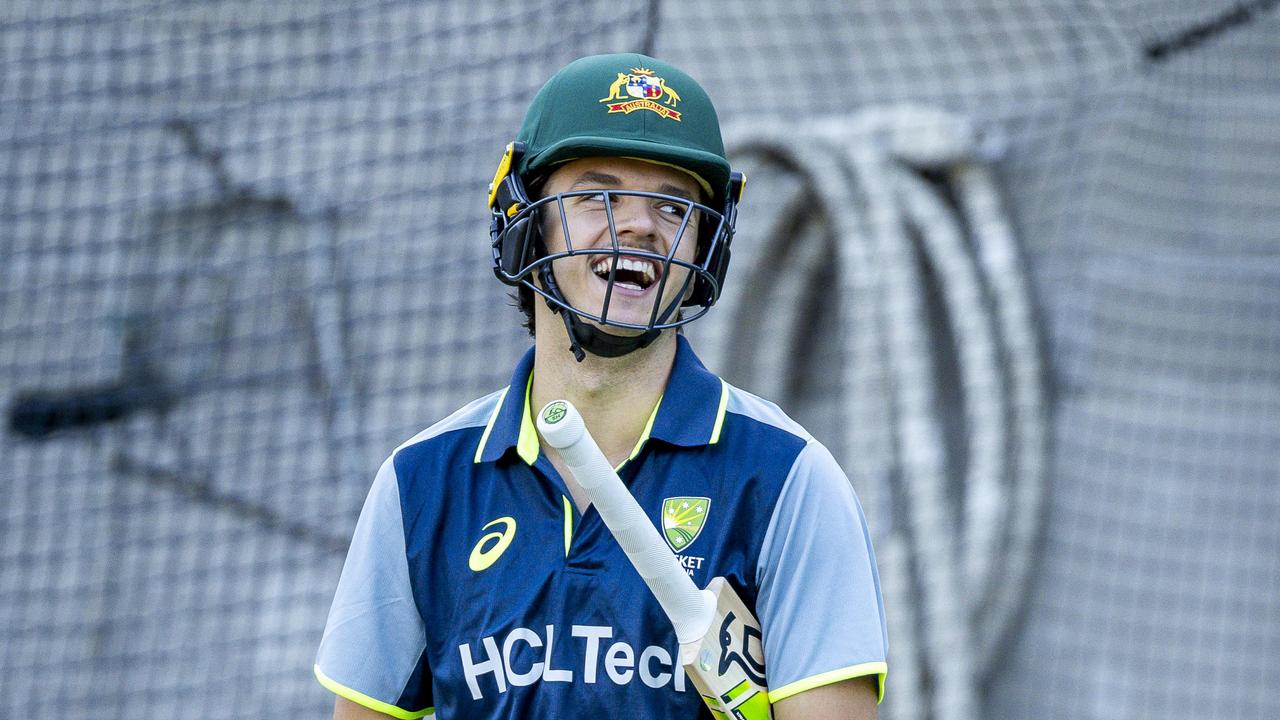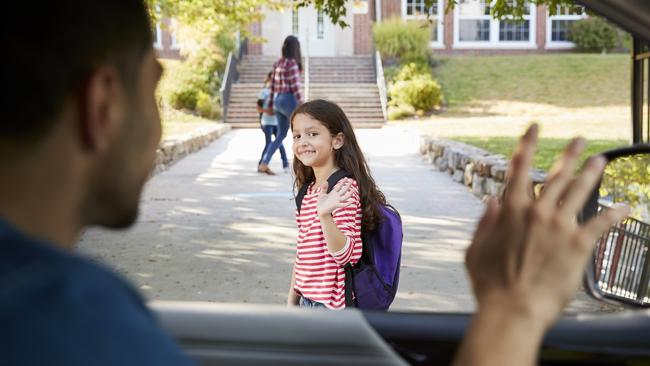
At the end of the winter school holidays, thousands of teenagers across the country will decide they do not want to go back to school. Their parents will inquire about bullying and find that no such problem exists. For many, grades will not be the problem either, leaving parents scratching their heads. The problem is not rare.
Last year, more than half of students across Australia were chronically absent, defined as missing more than approximately 20 days of school in a single year.
Glued to screens and immersed in online worlds, a growing number of teens are opting out of school altogether, in a trend labelled “anxiety-based school refusal”. Parents report their children will refuse to get out of the car at school drop-off and have meltdowns when they are prodded to do so.
Acute anxiety can manifest as headaches, stomach aches and even vomiting. Some parents struggle to get their children out of bed. Researchers know skipping a few days of school tends to snowball: once children have missed two weeks of school, they’re much more likely to forgo school altogether. So intervening early is essential.

The most common explanation for the sharp rise in school refusal is the impact of Covid lockdowns on mental health. During lockdowns, teens confined to their bedrooms had minimal contact with the outside world, except through hyper-stimulating platforms such as TikTok. Over time, this social isolation morphed into social anxiety, transforming the outside world into a perceived threat.
With parents frequently working from home, it became easier for teenagers to spend the entire day at home in their pyjamas. However, it’s important to note that the trend of school refusal was gaining momentum even before the pandemic. Experts have been issuing warnings for some time about the escalating rates of anxiety in children.
Of course, identifying the root cause of such issues is difficult. Mainstream media bombards children with doomsday messages about a climate apocalypse, while social media distracts them with fake friends and interrupts their sleep. However, there’s another gorilla in the room that can be even more insidious: overparenting.
Jonathan Haidt and Greg Lukianoff’s The Coddling of the American Mind distinguishes two forms of interference with healthy childhood development. The first is abuse and neglect, which is widely acknowledged and rightly stigmatised. The second, which is much less recognised, and still less stigmatised, involves the overmonitoring and overprotection of children, denying them the necessary challenges, risks and adversities that foster resilience.
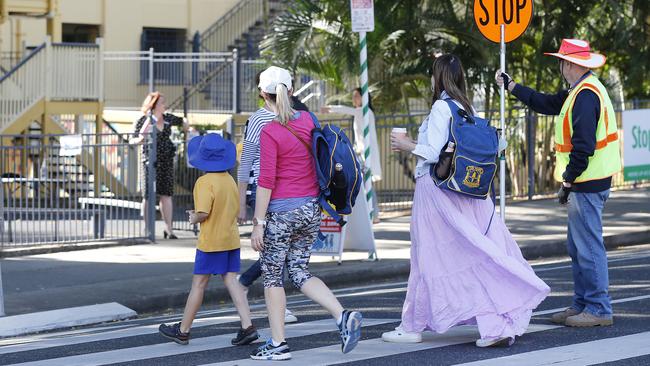
Shakespeare’s Hamlet declared: “I must be cruel, only to be kind: / Thus bad begins and worse remains behind.” Parents who engage in overparenting do the opposite of this by being kind in the moment only to be (unwittingly) cruel over the long term. Although their intent is to solve their children’s immediate problems, with emotional reassurance and practical problem solving, jumping in every time a child has a problem may inadvertently lay the ground for greater hardship down the track.
In the context of school refusal, permitting a child to stay home when they are anxious reinforces the belief that school is a threatening place and that attendance is optional.
Rather than indulging a child’s avoidant behaviour, the gold standard treatment for anxiety is graded exposure therapy. It is widely recognised by psychologists as the most effective treatment for a range of anxiety disorders.
If a person has a phobia of spiders, for example, exposure therapy would gradually involve confronting the fear stimulus with pictures and toys, all the way to real spiders, in a process of desensitisation. Exposure therapy can be so effective that it can enable individuals with arachnophobia to tolerate tarantulas crawling on their skin.
Children must undergo a similar desensitisation process regarding their own difficult emotions. Whether experiencing annoyance, frustration, anger or boredom, children need to learn to endure discomfort and allow it to pass. Parents can guide children through this process, rather than jumping in to fix problems whenever difficult emotions arise.
“Seeing a child struggle with strong emotions can be painful for any parent to watch,” psychologist Michael Hawton writes in The Anxiety Coach. But “seeing your child in some emotional pain may not be all bad. If you don’t jump in, it does not necessarily equate with a lack of care that you’re somehow being mean.
There are lots of times when a child will go through an adverse event, such as getting an inoculation. It can be hard to watch your child being affected by this pain, but you know that you are doing it in their best interests”.
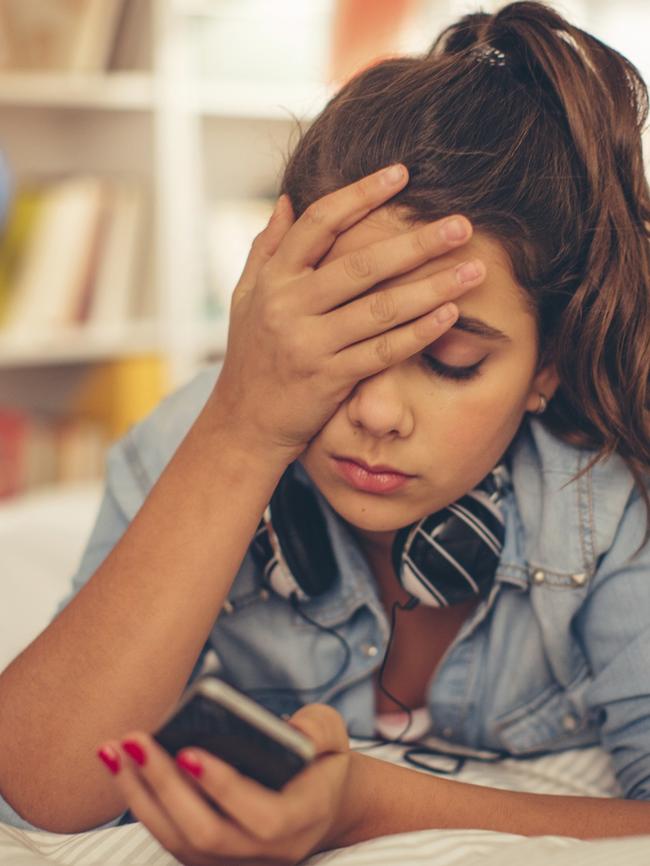
In the context of school refusal, instead of letting a child stay home and play video games all day, a better strategy is graded exposure therapy in partnership with a school. A graded approach might involve school drop-off being rehearsed, with a psychologist accompanying a child through the school gates – that is, until they are ready to do it on their own.
This type of therapy can indeed induce anxiety, but the point is to sit with it until it dissipates. Various clinics around Australia are now offering this type of therapy specifically for families struggling with school attendance.
Nevertheless, many children have internalised the mistaken idea that good mental health means feeling good all the time. But discomfort is not a problem to be solved, it is a necessary part of life we all must learn to willingly endure. Children rely on adults to provide them with this perspective and we let them down if we don’t.
As Hawton writes: “You don’t have to solve all their problems, and it will do more harm than good if you do.”
Claire Lehmann is founding editor of online magazine Quillette.



